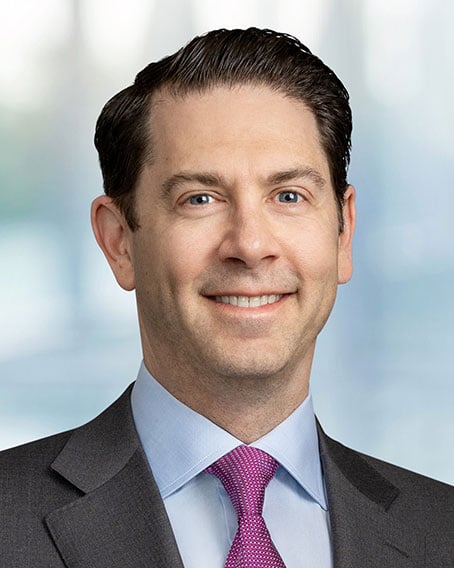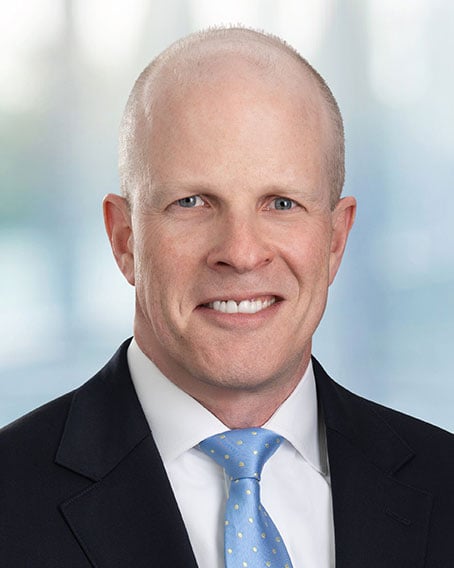As a follow-up to last year’s “Spreading Sunshine in Private Equity” speech, in which then-OCIE Director Andrew Bowden stated that the SEC had found that more than half of the funds examined by OCIE had allocated expenses and collected fees inappropriately and identified “lack of transparency” as a pervasive issue in the private equity industry, Marc Wyatt delivered a speech on May 13, 2015, reflecting on progress in the past year as well as identifying likely areas of scrutiny the private equity industry will face in the future. Although the speech has been widely reported, we wanted to highlight particular areas of interest. In this Alert, we examine the key takeaways from the speech, and outline best practices for the private equity industry going forward.
1. Post-Closing Disclosure and Advisory Board Consent
Over the course of the past two years, the SEC has focused enforcement actions on purportedly undisclosed fees and expenses charged by private equity sponsors to funds or portfolio companies. While supplemental disclosure of fees and expenses that were not explicitly addressed in a fund’s offering documents may help obviate problems down the line, disclosure alone may not be enough. For example, many advisers have responded to the SEC focus on fees and expenses by modifying their responses to Part 2A of Form ADV to disclose certain fees, expenses, and other practices that had not previously been disclosed in detail. Although modifying Form ADV is good practice and may be helpful in mitigating a potential enforcement action, Wyatt’s speech suggests that the SEC will not necessarily regard post-closing disclosure of such practices in Form ADV or elsewhere as sufficient. Instead, Wyatt encouraged GPs to affirmatively seek consent from advisory boards or investors for any changes in practices or previously undisclosed fees and expenses.
2. Allocation of Co-Investment Opportunities
Wyatt’s speech also suggests that private equity sponsors should consider increased transparency concerning the allocation of co-investment opportunities among existing investors. Co-investments in portfolio companies, in which direct investments in portfolio companies are made alongside fund investments, have risen in popularity as a means for portfolio companies to quickly raise additional capital, and for investors to gain additional exposure to those companies at lower cost than typically charged by the sponsor for management of a fund. But smaller investors are not always afforded the same opportunities to co-invest in deals as their larger counterparts. Wyatt’s speech indicates that private equity sponsors should make full disclosure of their policy towards allocating co-investment opportunities, and that prioritizing larger investors is not problematic per se, as long as it is disclosed. However, Wyatt noted that instead of erring on the side of more disclosure, many sponsors in the industry have responded by saying less about their co-investment policies, on the grounds that if no promises are made, the adviser cannot be held liable. However, there is danger in such limited disclosure practice if co-investment promises are made to certain investors orally or through e-mail, with the effect that some investors have been given priority rights to co-investments, unbeknownst to others. According to Wyatt’s speech, the SEC has identified instances where fund investors were not made aware that other investors had negotiated priority rights to co-investments, which OCIE views as improper. Although Wyatt clarified that an adviser need not allocate its co-investments pro-rata or in any other particular matter, he did caution that all investors deserve to know where they stand in the co-investment priority stack.
3. Real Estate Funds Are Now Being Targeted by the SEC
Wyatt also indicated that real estate investment funds will be coming under increased SEC scrutiny for charging certain management fees to portfolio properties. Historically, it has not been unusual for real estate fund advisers to provide property management, construction management, and leasing services (for fees that are in addition to investment management fees) on behalf of properties acquired by the funds they manage. Wyatt noted that the SEC observed that some managers also charge back the cost of their employees who provide such asset management services and their in-house attorneys, without disclosing such reimbursements. In addition, according to Wyatt, investors have typically agreed to these fees on the belief that such fees were charged “at market or lower” rates. However, Wyatt reported that this assumption has not always been borne out by the evidence, and therefore OCIE has encouraged real estate managers to review their benchmarking practices to ensure they can support claims that their services are offered at market or lower rates. Going forward, the SEC expects advisers to test the market when it says fees will be consistent with “market.”
4. Charging Fees at “Market Rates”
Although Wyatt’s comments about charging “market or lower” rates were made in the context of real estate funds, private equity sponsors likely will also be under increased scrutiny and will need to be able to substantiate their claims about the rates they charge for consulting and management fees. Many firms utilize affiliates that offer services to portfolio companies at rates that are represented (to investors and/or portfolio company management) as competitive to those that could be obtained from third-party management consulting firms. Sponsors and consulting affiliates should be ready to back up their contention that the rates charged by such affiliates are indeed competitive with third-party firms by obtaining third-party quotes.
5. More Enforcement Actions Are Coming
Going forward, Wyatt indicated that the private equity industry remains high on the list of inspection priorities, as evidenced by the creation of a special Private Funds Unit within OCIE, and the hiring of industry experts to assist with examinations. Outside of the buyout industry, the SEC will likely be undertaking exams of real estate private equity advisers, credit advisers, and infrastructure and timber advisers, among others. And it appears that the SEC will actively seek to bring additional enforcement actions in all of these areas. Furthermore, changes in the marketplace may lead to further areas of SEC inquiry: for example, although the private equity industry has experienced recent growth, private equity markets are cyclical. Should the industry face stagnation or a decline, Wyatt expressed concern that practices such as zombie advisers and fund restructurings will surface as issues, which may in turn lead to a fresh round of enforcement actions.
Ropes & Gray has a wealth of experience advising its private equity clients in connection with SEC scrutiny. We have been assisting numerous clients in connection with OCIE exams, and we are also handling a number of investigative inquiries and enforcement actions. Please contact your usual Ropes & Gray adviser with any questions about the Wyatt speech and the SEC’s current priorities with respect to the private equity industry.
Authors
Stay Up To Date with Ropes & Gray
Ropes & Gray attorneys provide timely analysis on legal developments, court decisions and changes in legislation and regulations.
Stay in the loop with all things Ropes & Gray, and find out more about our people, culture, initiatives and everything that’s happening.
We regularly notify our clients and contacts of significant legal developments, news, webinars and teleconferences that affect their industries.




